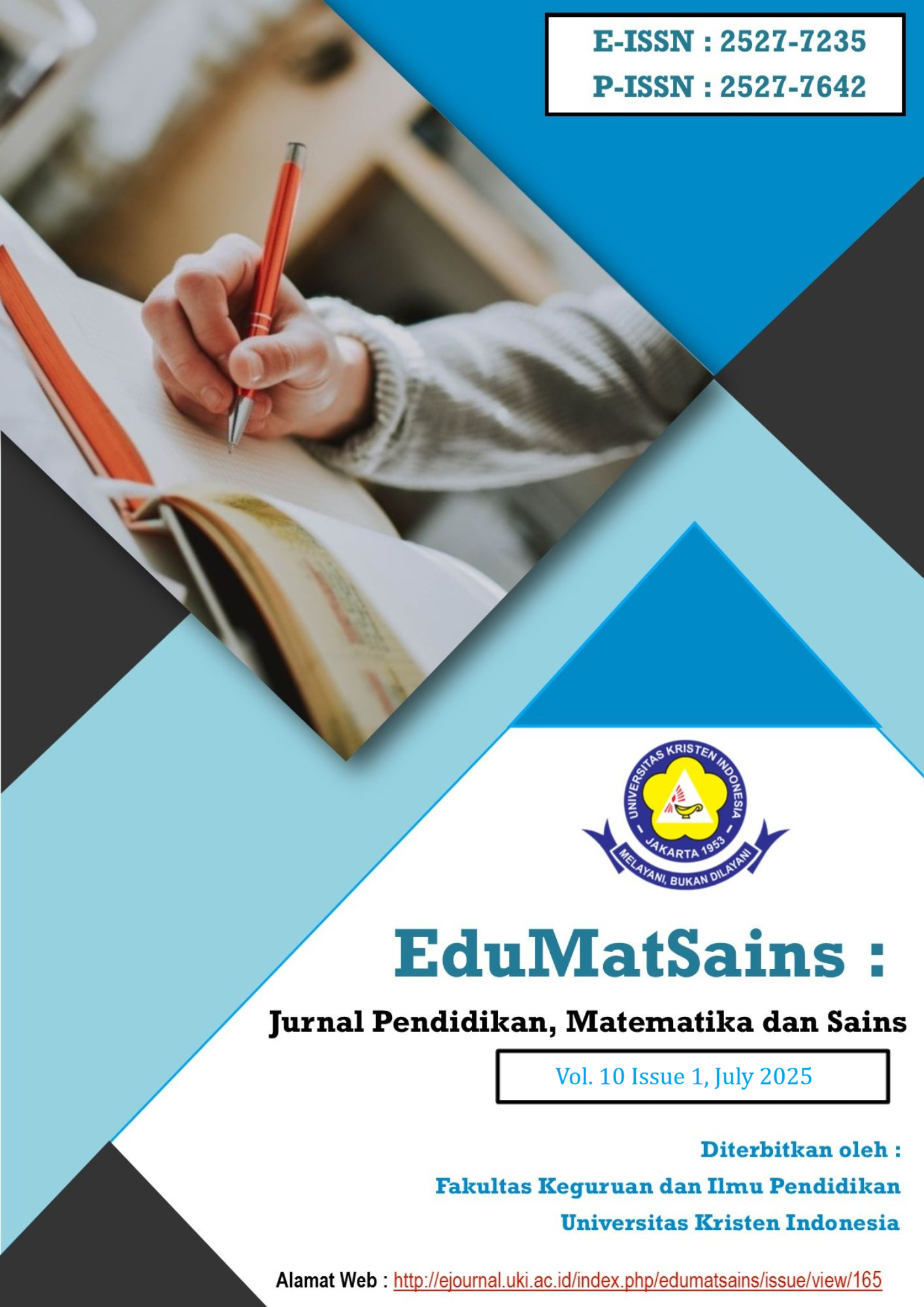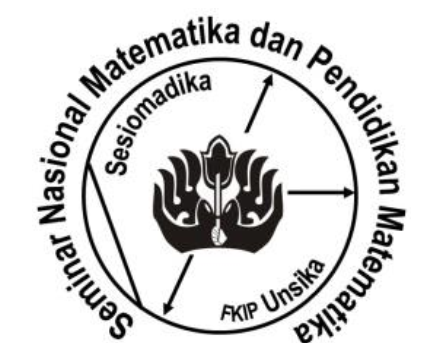A Comparative Study of Gender: Analysis of Students’ Errors in Solving Mathematical Literacy Problems by Using Newman’s Method
DOI:
https://doi.org/10.33541/edumatsains.v10i1.7131Keywords:
comparative study, gender, mathematical literacy, newmanAbstract
The importance of mathematical literacy skills in the 21st century is the main reason for conducting this research. However, students' mathematical literacy skills are not commensurate with the facts, as shown by the low PISA results in 2023, which prove that students' mathematical literacy skills are still low and cast doubt on their ability to solve mathematical problems in elementary school. The low level of students' mathematical literacy skills is due to the many mistakes made by students in solving mathematical literacy problems, necessitating a thorough analysis using Newman's method based on gender. The research method used was descriptive qualitative, with data collection techniques in the form of surveys, involving 262 students from three elementary schools in the Muara Bungo area, Jambi Province. Students were then classified according to their initial mathematical ability, which was divided into three categories: high, medium, and low. After that, six male and female students were selected for interviews. Data triangulation (Mathematical Literacy Test and Interview) ensured the validity of the data in this study. Data analysis was conducted following the steps Miles and Huberman outlined: data reduction, information presentation, and conclusion drawing. This study shows that the most common errors made by male students are reading, comprehension, and transformation, while female students more often make errors in process skills and encoding.
Downloads
Published
How to Cite
Issue
Section
License
Copyright (c) 2025 Indriani Annisah, Habibie Zulqoidi R., Megawati Megawati

This work is licensed under a Creative Commons Attribution 4.0 International License.





















_(1).png)
